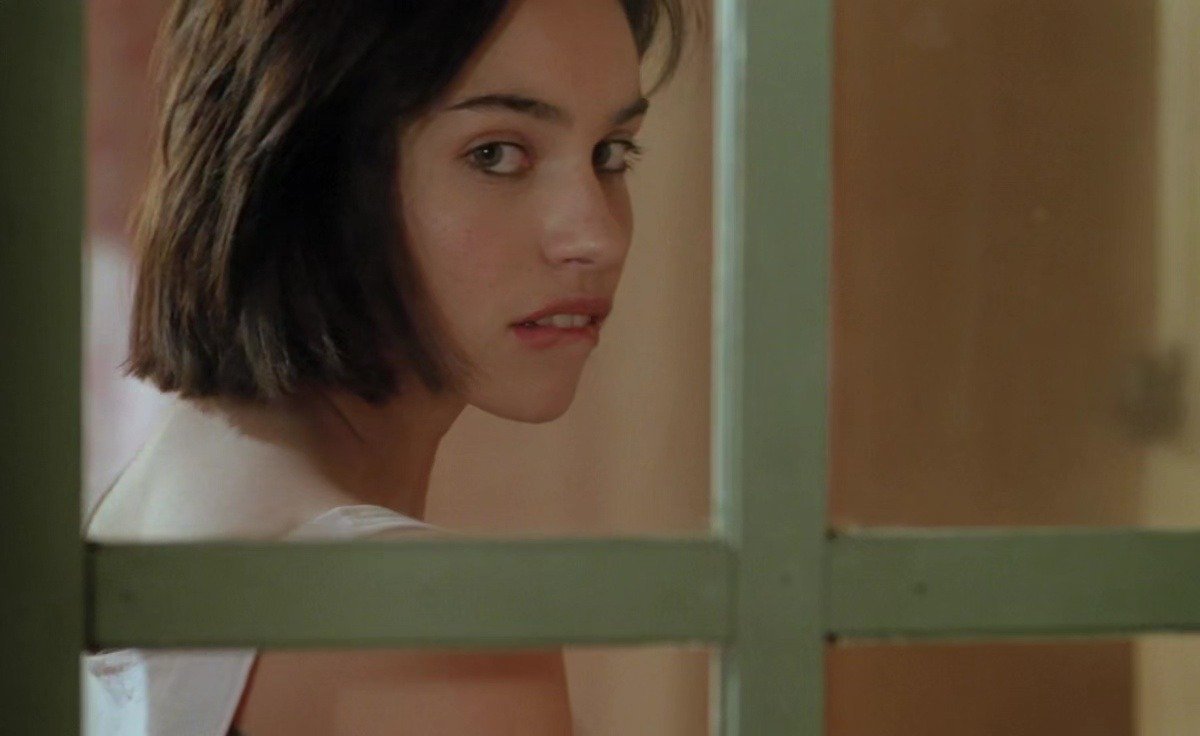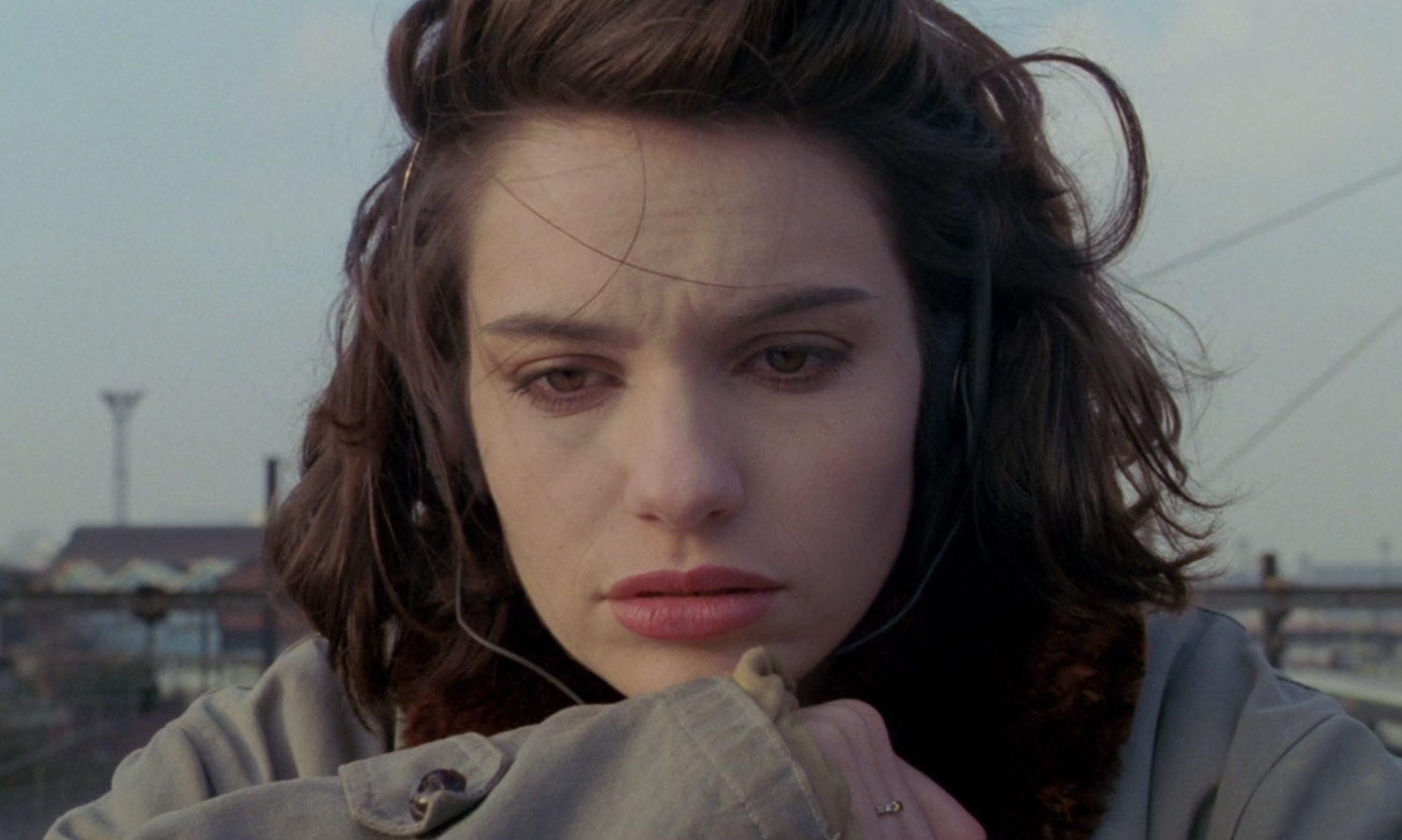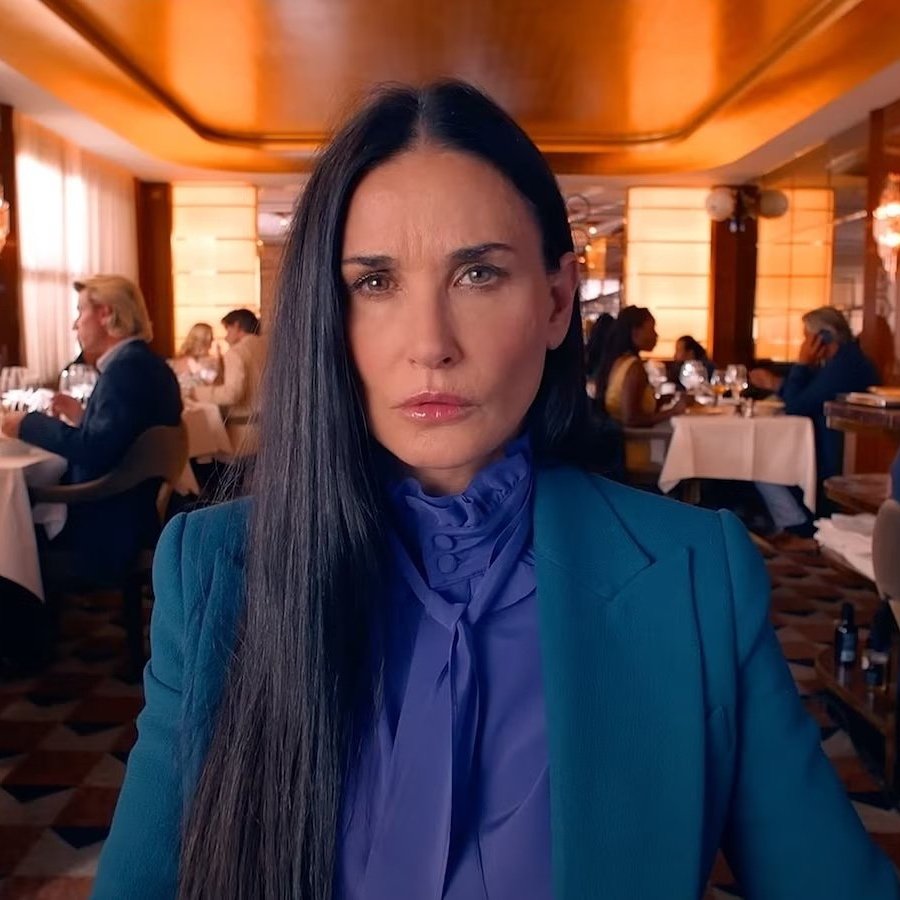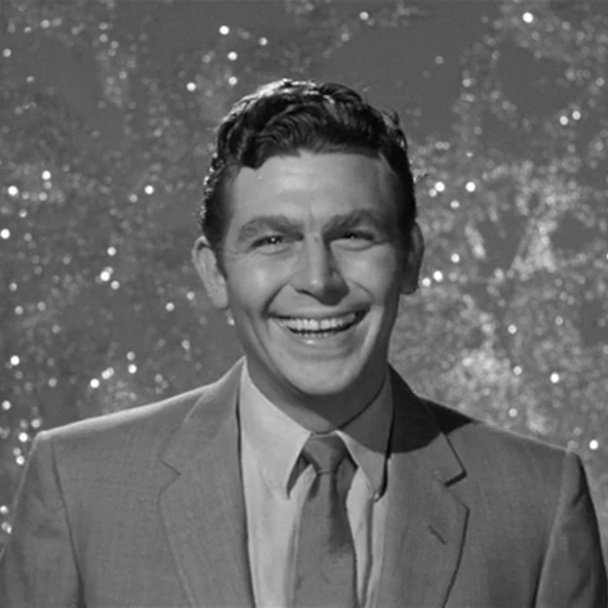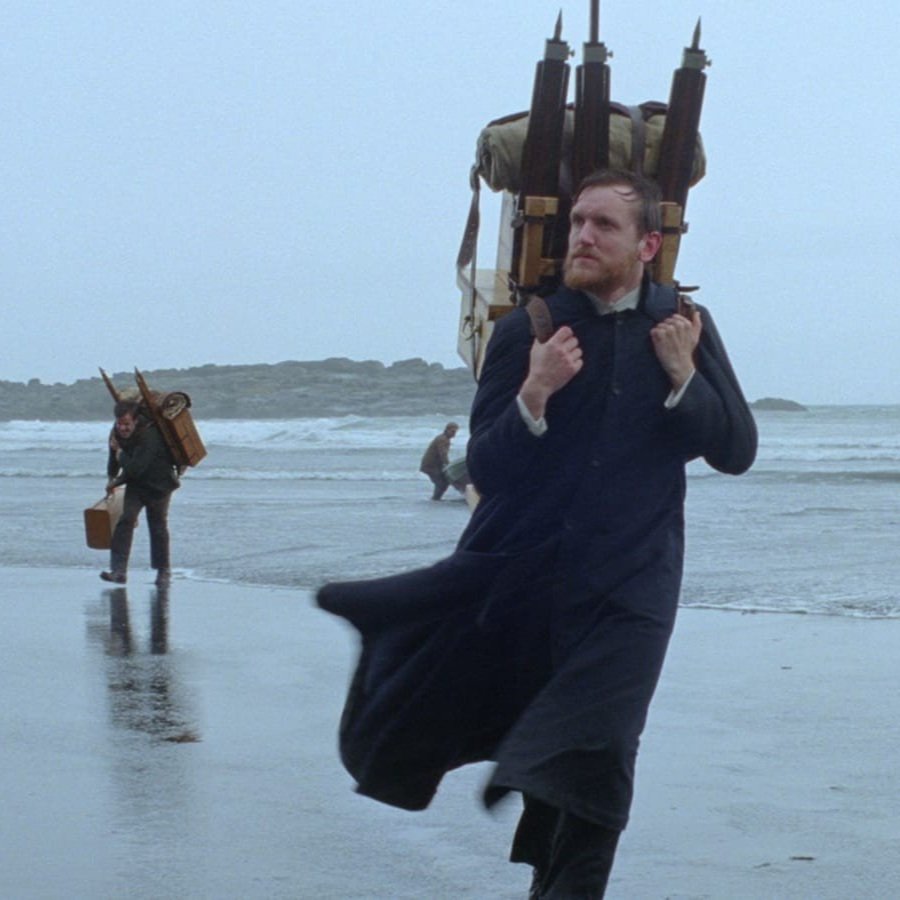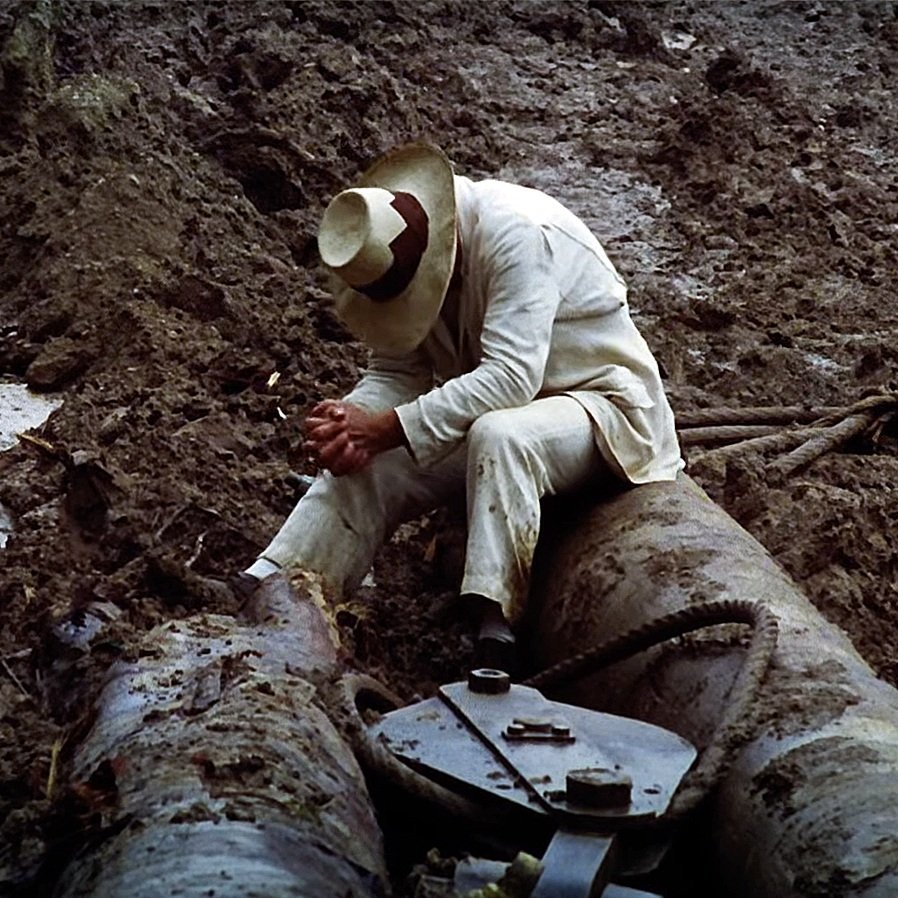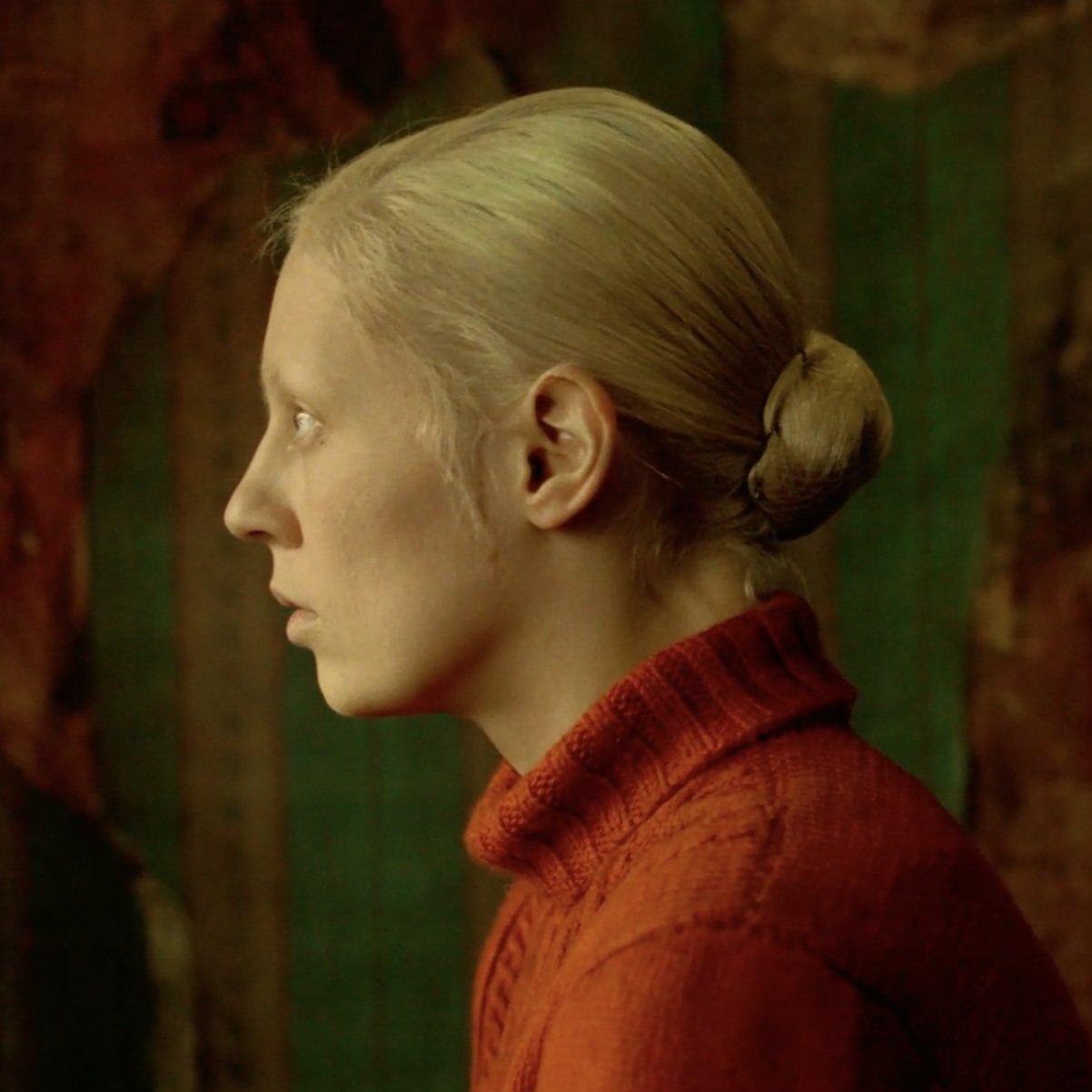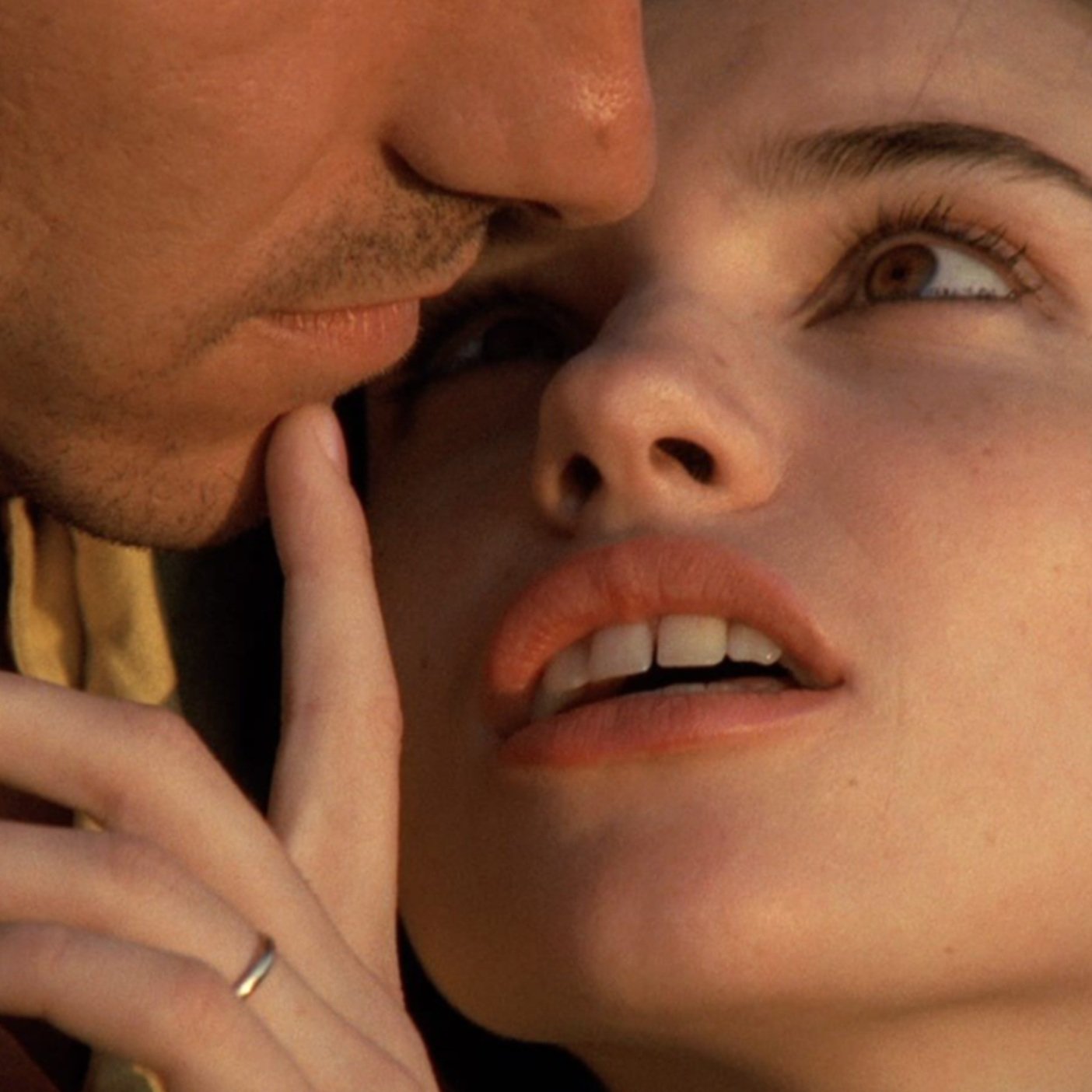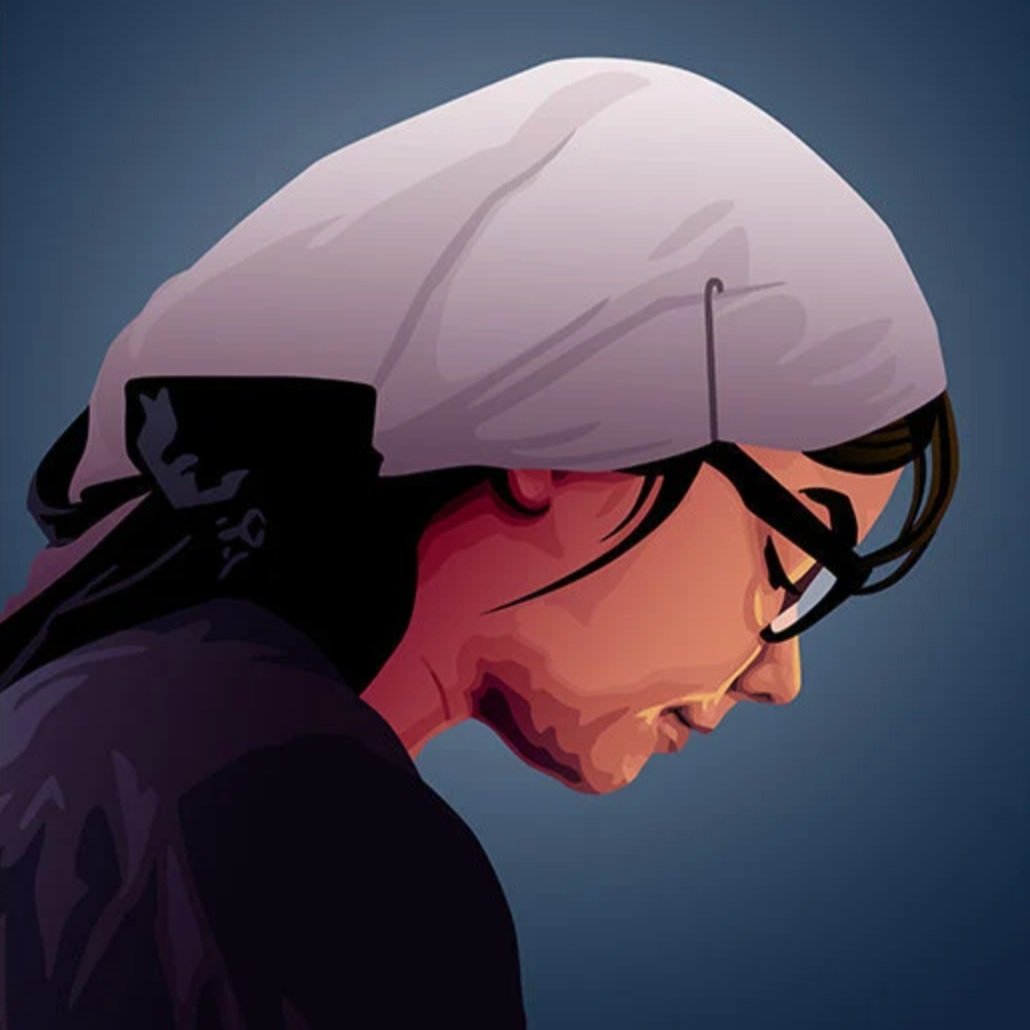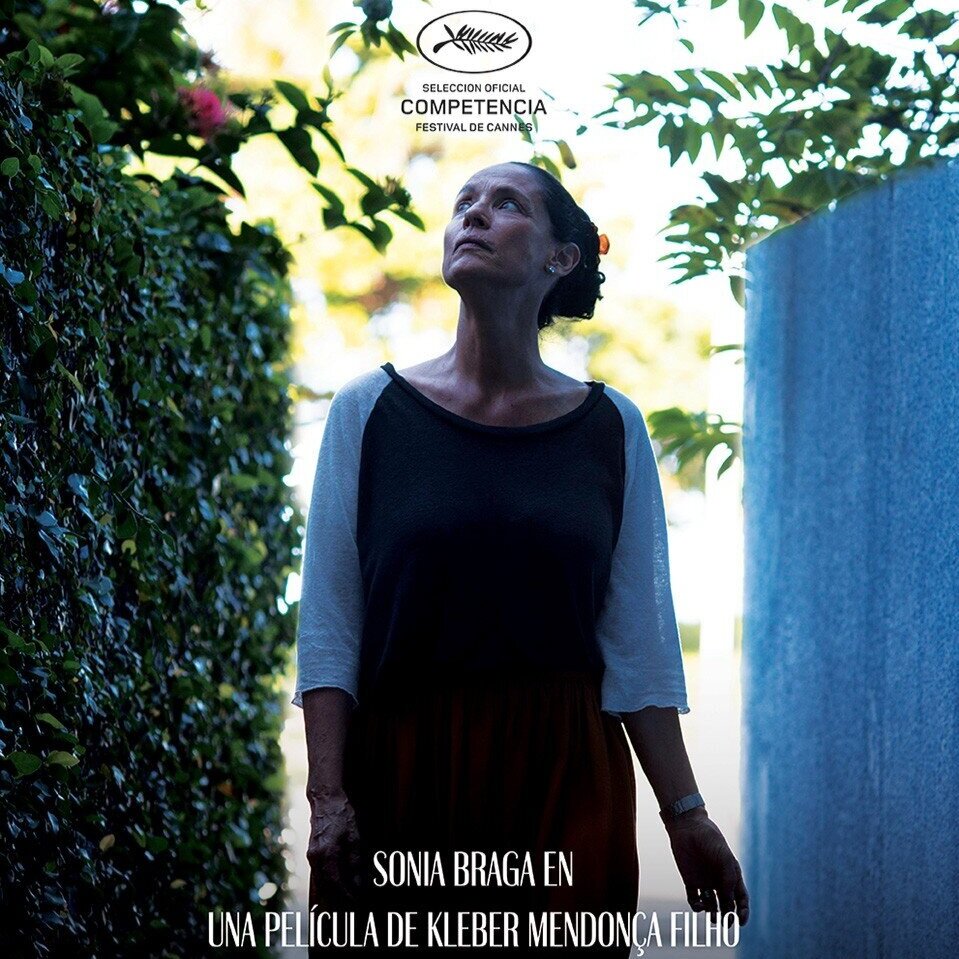“We Screwed Every Night. The Forecast Was For Storms.” (Betty Blue)
“This world wasn’t exactly made for me.”
I always forget how much I love Jean-Jacques Beineix’s 1986 Betty Blue. A perennial eighties student favorite, and often a gateway drug into modern French cinema, it has all the hallmarks of a movie which stays with you long after the credits roll. In my case, this has been decades, but I only recently watched it again after a very long hiatus. I still love it. Exquisite cinematography, the tempestuous, passionate, charged voltage of its two main characters, the haunting soundtrack, and best of all, the wonderful original Philippe Djian storyline all combine perfectly into a tale of maddening, violent, deteriorating unraveling.
It’s a story about not settling for the mediocre in life, but also of love in the face of emotional, spiraling instability. Of having an appetite to see and experience it all, of never compromising, and wanting to taste everything the world has to offer. But it’s also about falling short of those dreams. Of the limits of our own bodies, and what happens to us when our minds begin to break down. It’s a story of passionate, real love, but also of care, kindness and the encouragement of others. Of how we selflessly seek the joy in seeing others succeed, but how in the finish, sometimes sacrifice and destruction is all we have left.
The film opens on a bold note. A single shot which lingers for a full three minutes captures a couple making love. It’s at first beautiful and romantic, but as the camera closes in becomes uncomfortable and painful, and sets the tone for what’s to come. A voice tells us “I had known Betty for a week. We made love every night. The forecast was for storms.”
When we first meet Betty, wonderfully played by Beatrice Dalle, she’s arriving at Zorg’s beach house. Zorg (Jean-Hugues Anglade), an aspiring writer, is there for the summer on a seasonal painting job, where he’s responsible for the endless renovation of hundreds of similar beach houses. She arrives just as Zorg is cooking, and she’s early. It’s the first time they’ve seen each other in daylight, having only met a week earlier, but they’re already in the throes of a passionate, intensely physical relationship. They’re magnetically drawn to each other emotionally, and have finally found each other in the world. The screen smolders. Their relationship is highly sexually charged, but they’re also there for each other in a world that’s moved on without them.
“How can I love you if I don’t admire you? We’re only learning how to die here.”
They join forces and paint together, but an incendiary disagreement with the landlord leads to Betty throwing a can of paint over his classic car, and ultimately to her burning down the house itself as the couple flees. She projects her passions onto the introverted Zorg, but they often overflow, erupting into violent, impulsive outbursts beyond her control. Like a wheel spinning off its axis, it’s beautiful only until you notice that the wheel is coming loose. At that very moment it becomes terrifying. This is the space in which Betty lives her life.
“At 30 you begin to know what life’s about, and you enjoy a break.”
Zorg and Betty relocate to the outskirts of Paris and live with friends, where Betty types up Zorg’s manuscripts and submits them for consideration around town at a number of publishing houses. They work at a local restaurant, which provides social stability and some of the most joyous moments in the film, right up until Betty again erupts at a customer and stabs them with a fork. Zorg tries in vain to bring Betty to her senses, but is increasingly unable to calm her anxiety and unpredictable, uncontrollable outbursts. Their relationship deepens as it spirals, with Zorg holding things together for both of them as Betty’s mind wanders and worries.
“The world is fed on anguish and absurdity.”
But her mood swings are getting progressively worse, and after a move to the beautiful French countryside appears to help temporarily, Betty takes a fertility test and finds out she’s pregnant. But it’s a false positive, and a hospital test confirming this only sinks Betty deeper into despair, and she begins to hear voices in her head. She’s spiraling out of control, emotionally and physically, and the carefree Betty from the beach house is long gone. The couple begin to fight more often, and there’s a terrifying chase scene where Betty flees the house, Zorg chasing her through the night. Zorg turns to crime to help buy happiness for them both, but returns home one day and finds blood all over the bathroom. Betty’s gouged out her eye and has been taken to the hospital, where she’s heavily sedated and unlikely to recover. In a final act of desperate love, Zorg, blaming the doctors for Betty’s catatonic state, disguises himself as a nurse, says his goodbyes and smothers her with a pillow. It’s over. Betty has found peace. Zorg goes home and begins to write. The screen turns blue and the credits roll.
“I’m here now, sweetheart.”
The original theatrical cut ran about two hours long, but over time there’s also been a director’s cut at over three hours long, with a lot more exploration of Betty’s descent into instability and attempts at motherhood, as well as Zorg’s less than fruitful life of crime. The core of the movie remains the same whatever version you watch, and Gabriel Yared’s score throughout is just exquisite.
”What she thought was a meadow was a gloomy pen. She couldn’t stand immobility. She was not made for that.”
The movie’s not without its critics however. Roger Ebert felt it was style over substance (he grouped it with other French directors into the somewhat dismissive category of ‘Cinéma du Look’), and any substance that actually existed was focused on the gratuitous exploitation of Dalle’s body. The misogynistic aspects of this being Zorg’s story, where it’s only his monologues and commentary we hear (despite Betty’s articulation of the voices in her head), where Betty uses up her creative purpose in his life, and subsequently has to exit for him to truly pursue his writing aspirations. It’s Zorg who ultimately chooses to end Betty’s life. And while I can understand these conclusions, I’ve never seen the movie in any of these ways.
“Life is against me. If I want anything, it’s denied me.”
Beatrice Dalle is fantastic as the eponymous Betty, and we end up caring deeply about her decline as she descends deeper into depression, erratic self-harm and instability. Hers is a life lived with deep intensity, and if only we were all able to experience the richness of life as she does. But that intensity comes with a price, in this case Betty’s mind. Prone to violence and bouts of schizophrenia, she’s both beauty and beast, and Zorg becomes an intoxicated moth to her flame. But hers is also a wonderful, joyous, but tragic story, something Zorg only realizes as he scribbles out his manuscript. As Zorg thinks to himself as he watches Betty swim in a river during their time in the countryside, and as we end up concluding ourselves, the world’s just too fucking small for her.
Popular Reviews






